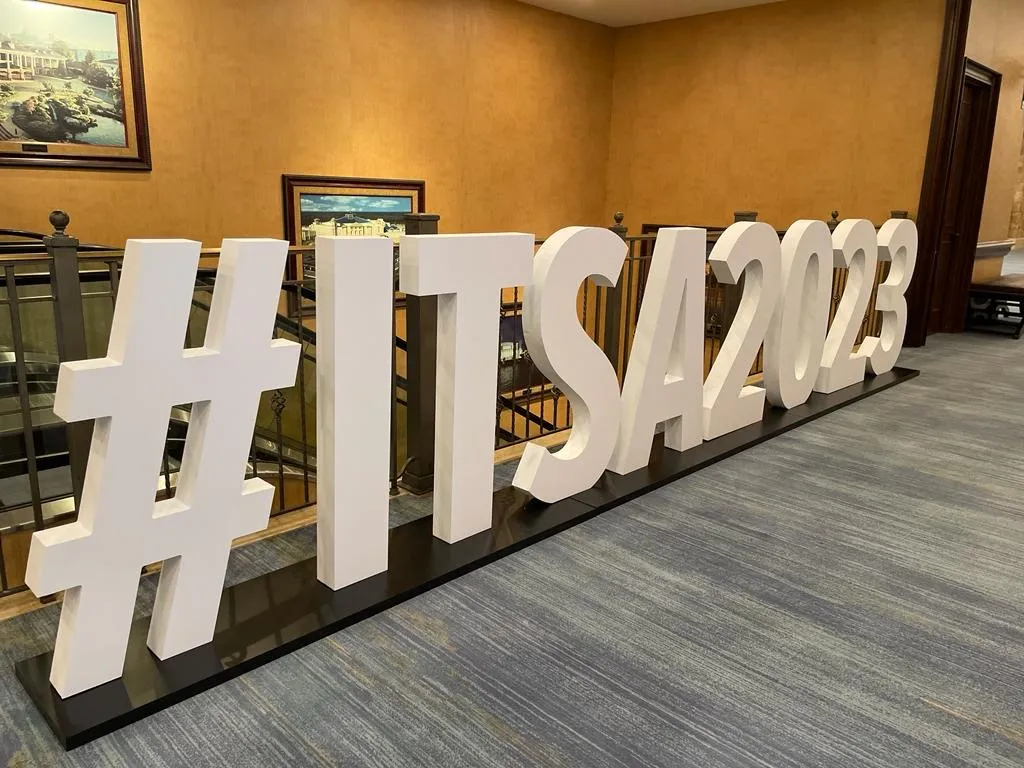
The University of Melbourne's Dr Peter Sweatman has received ITS Australia's Max Lay Lifetime Achievement Award in recognition for his role in advancing the country's transport technology.
The globally-recognised award celebrates leaders in the transport industry and ITS.
Throughout his 30-year career, Sweatman has been involved in transportation research and the application of R&D. He is known for his involvement in connected and autonomous vehicles (C/AV), safety and ITS as well as transportation research and education.

"Smart vehicles and infrastructure are not enough - we need a mobility system with a soul. I've had the privilege to contribute to the current virtuous ITS cycle in the United States and Australia, on the back of pioneers like Max Lay,” Sweatman says.
His career has taken him to Europe and Asia-Pacific and the US.
In the US, he was a co-founding principal of CAVita — a connected and automated vehicle ecosystem partner for government, industry and academia.
He was director of the University of Michigan Transportation Research Institute from 2004 -15 and the founder and former director of the Michigan Mobility Transformation Center (MTC) between 2013-16.
MTC opened the test facility, Mcity, in 2015 and has been conducting off-roadway testing of AVs.
In 2020, Sweatman returned to Australia, joining the University of Melbourne as international enterprise professor with the Aimes (Australian Integrated Multimodal Ecosystem) testbed.
The testing area covers 6km2 and more than 100km of local and arterial roads and freeways.
Additionally, he has a lead role in the MAX: Michigan Australia Exchange in Mobility, a partnership between Michigan and the Australian Government to improve cooperation between government and businesses in all areas of future transport research and technology.
Sweatman was a chairman of the board of ITS America and has also served as founding chair of the ITS America Leadership Circle.
He worked on the US Department of Transport's ITS Advisory Committee, as well as several roles with the Society of Automotive Engineers. At the US Transportation Research Board, he chaired the recent EU-US Symposium Towards Road Transport Automation and served on the TRB Committee on National Research Frameworks: Application to Transportation. In 2017, Dr Sweatman was inducted to the ITS America Hall of Fame.
His achievements include being elected a fellow of the academy of Technological Sciences and Engineering in 1997.
He was awarded a Centenary Medal in 2002 by the Australian prime minister for services to transportation engineering.
He served as chair at the Australian Road Transport Suppliers' Association and remains a life member.
He conducted heavy truck productivity and safety projects in Australia and around the world and chaired the Organisation for Economic Co-operation and Development's Divine Programme, examining technical, economic and policy aspects of heavy vehicles' impacts on roads and bridges.








